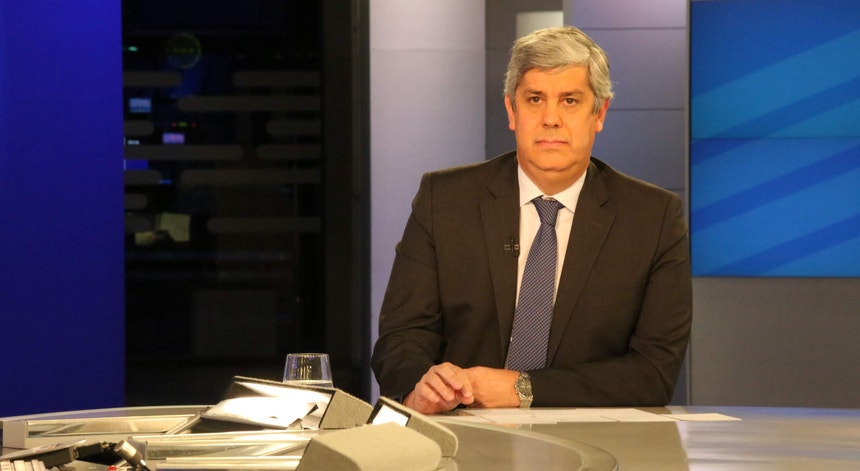In a senior interview on RTP, the former finance minister stated that the latest projections confirmed that inflation is declining and that downward process is sustainable, so “we’ll be in 2025 with inflation basically at our 2% target”.
He explained, “In order to confirm this path, we must remain vigilant on the part of monetary policy, because any deviations from this path must not be accommodated.”
This path will continue to climb. At this time, Euribor rates – the rates that are indicators of our credits – will continue to rise” through September in 12 months and through November in three and six monthsHe said in the great interview conducted by Vitor Gonçalves.
The futures contract indicates that from these dates, “prices will slowly begin to decline.”
Mario Centeno also says, though it may seem strange to anyone who has seen their indexes go up, “the fact is that today we have interest rate levels that were relatively recently.”
The Banco de Portugal governor guarantees this Keeping interest rates low for so long ‘wasn’t good for the economy’. “We have to understand that practically zero inflation and negative interest rates are not healthy for economic development,” he stressed.
Businesses and households ‘less indebted than they were in 2019’
Mario Centeno also spoke of “an almost complete reversal of the shocks in energy prices, in food prices, which were responsible for the first waves of price increases”.
“We took all the shocks out and it turns out that all of these shocks were really temporary.. This does not mean that another shock will not appear within six months,” he warns, “but we have also learned to live with it, because we have gone through two shocks in a very short time of gigantic proportions,” with the COVID-19 pandemic and the war in Ukraine.
“It was the best reaction we’ve seen in Portugal at a time of crisis,” he said, as the reflection of these shocks was felt in consumer prices. “If the markets maintain this margin, both in terms of wages and profit margins, then all of us – the Portuguese and the Europeans – will not feel this reversal of shock and monetary policy will not be able to pause.”
Centeno recalls that “Today we have less indebted businesses and families—when we factor in their savings—than we did in 2019.. Crises in Portugal have always been caused by an increase in indebtedness, but this time it was the opposite.
Tax relief “happens”
Asked if the government could consider tax relief or more significant wage increases, Centeno replied that “tax cuts should be seen through a transitional logic.”
“It is difficult to argue that we cannot and should not collectively confront Tax reduction process “, which” began since 2015 “graduallyAccording to the accounts of the Bank of Portugal, the former minister said.
I know of no investment in new generations more productive than debt reduction on general terms. unavailable. And we must reduce this burden for the future, because it gives us the greatest ability to respond.”
On the possibility of a bigger wage increase, the BdP conservative says so “We cannot take decisions that jeopardize the course of the economic cycle as it seems to the Portuguese at the moment”.
‘Inflation is a collective problem’
With regard to raising interest rates by central banks, Mario Centeno said that “the main concern of policy makers in the field of monetary policy is to find all indicators of sustainability in lowering inflation.”
“Inflation is a collective problem. It’s not a problem for central banks, it’s a problem for society and the economyHe stressed that price control is absolutely necessary for the medium and long term planning of our life.
In response to a question about whether anti-inflationary measures could become a threat to the economy itself and lead to counterproductive results, the governor said that “there is a gap between the moment when the interest rate hike is decided and the moment when it has an impact on our lives.”
“Central banks should be concerned about this lag effect,” he explains. “I’m not worried about prices in October or September this year. I’m worried about prices 18 or 24 months from now.”
now, We are facing a general economic downturn in the eurozone. He added that the Portuguese economy, in recent quarters, has been an exception that we must know how to value.

“Wannabe internet buff. Future teen idol. Hardcore zombie guru. Gamer. Avid creator. Entrepreneur. Bacon ninja.”


